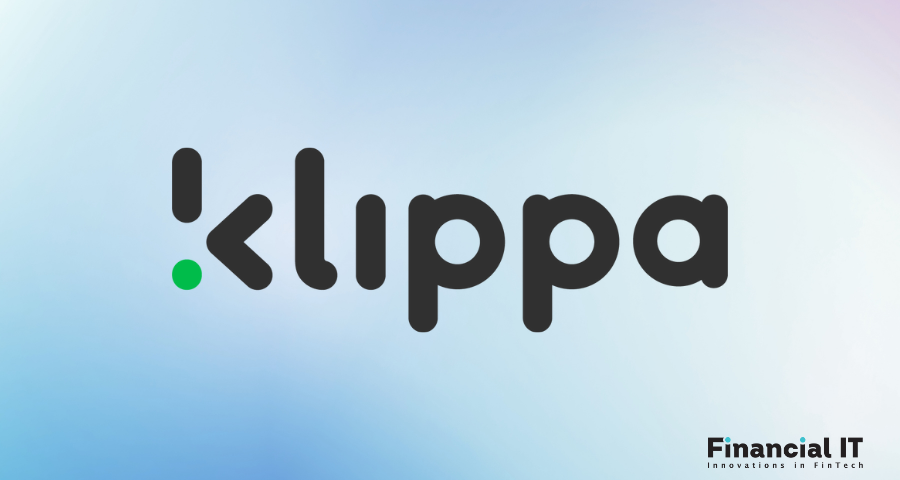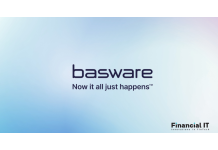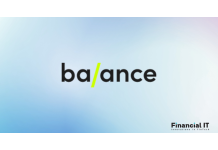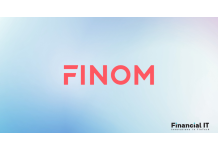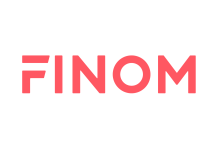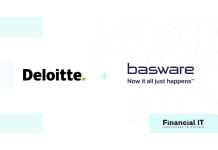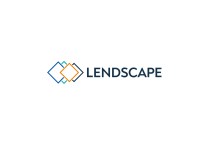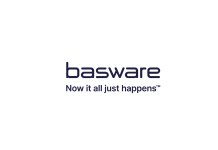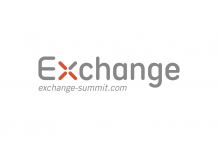Payhawk’s Newly Verified AI Agents To Collect Invoices...
- 02.03.2026 09:55 am
Medius Obtains Final Certification as an Approved...
- 12.01.2026 09:35 am
CredAble And Citi Announce a Global Tech Partnership...
- 06.01.2026 12:35 pm
The $549 Billion Blind Spot: Enterprises Have Issues...
- 19.11.2025 02:25 pm
Balance Powers Embedded Invoicing For Instacart...
- 15.04.2025 05:15 pm
Deloitte and Basware Create Center of Excellence to...
- 19.02.2025 08:45 am
FINOM Launches E-Invoicing Solution For German SMEs...
- 17.12.2024 08:19 am
FINOM Brings Integrated E-Invoicing and Business...
- 18.06.2024 09:25 am
Deloitte and Basware Form Alliance to Transform E-...
- 21.05.2024 09:30 am
Lendscape Launches Groundbreaking Data-Driven Solution...
- 16.05.2024 01:45 pm
Basware Acquires AP Matching
- 08.05.2024 11:45 am
The E-Invoicing Exchange Summit in Singapore Opens its...
- 25.10.2023 09:15 am

